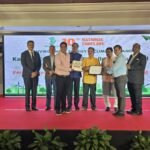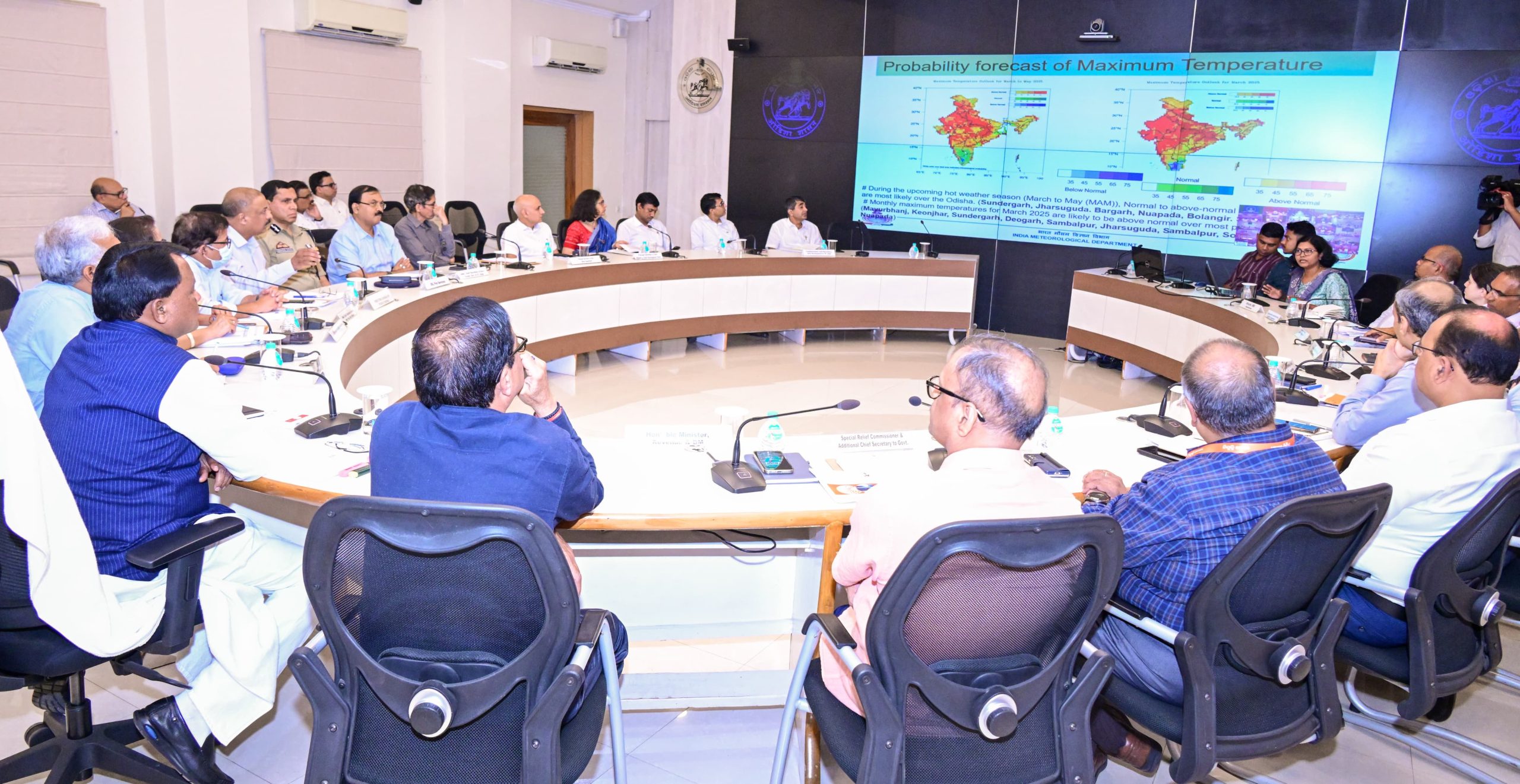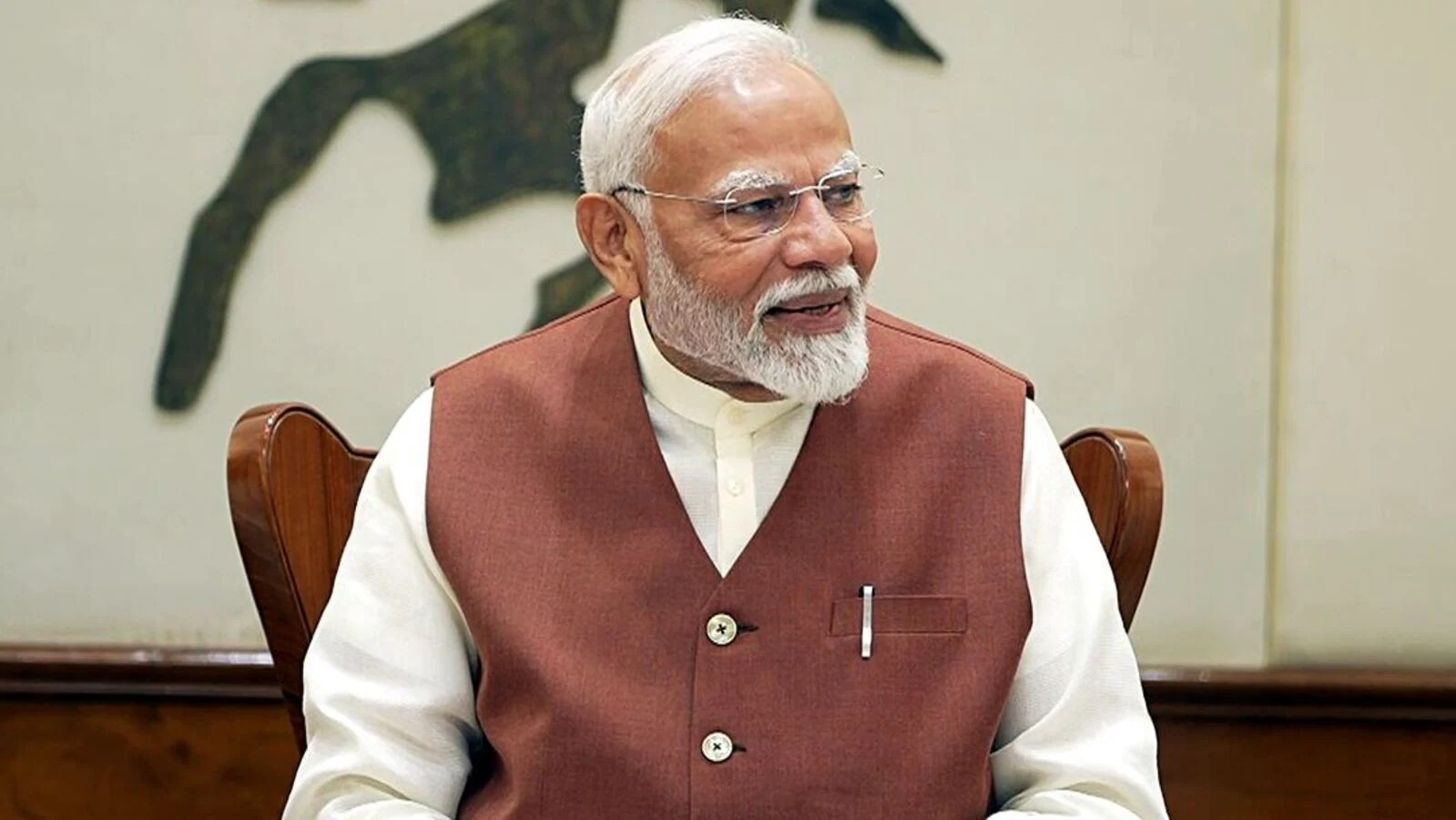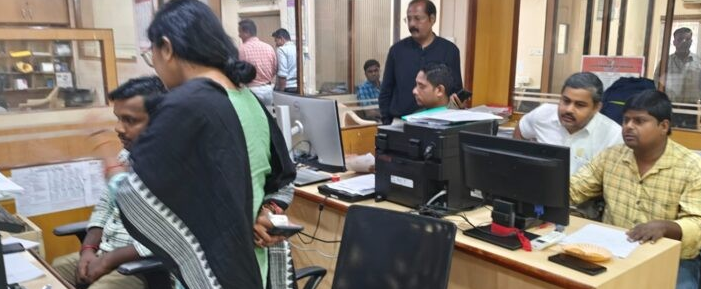Odisha Chief Minister Mohan Charan Majhi convened a high-level meeting at Lok Seva Bhavan Tuesday evening to evaluate the state’s readiness to combat the escalating heatwave. District Collectors and senior officials from various departments participated in the session, which aimed to ensure a proactive and effective response to the rising temperatures affecting the region.
Highlighting the early onset of the heatwave in Odisha, the Chief Minister underscored the importance of swift implementation of preventive measures. Instructions were issued to ensure the execution of Standard Operating Procedures (SOPs), with additional provisions where necessary. The CM emphasized the need to prioritize safety and aim for zero casualties during this critical period.
Key directives included the issuance of an immediate SOP to reschedule school timings and commence classes early in the day. Anganwadi centers will now operate between 7 AM and 9 AM to protect children from the heat. District Collectors were tasked with installing and repairing tube wells within a week to address drinking water shortages in affected areas. Urban and rural areas were instructed to set up tents and water kiosks at traffic junctions and bus stops.
The Chief Minister also highlighted the role of awareness campaigns in educating the public about heatwave safety. Comprehensive publicity efforts will be made using television, radio, newspapers, and social media platforms. Government and private sector workers will adhere to adjusted work hours, ceasing outdoor tasks between 11 AM and 3 PM.
Addressing the electricity needs during the summer, the Chief Minister ordered uninterrupted power supply from 11 AM to 5 PM and 9 PM to 6 AM, with a strict directive to avoid unplanned outages. Provisions were also made to ensure preparedness against possible disruptions during the Kalbaisakhi season.
In a move to ensure prompt redressal of grievances, the CM directed officials to adjust the hearing timings for district grievance cells from 7 AM to 10 AM. Field visits by government officers were also mandated to closely monitor rural challenges, especially fire hazards.
Ending the session, the Chief Minister assured that neither resources nor political will would be a barrier in implementing these measures effectively. He acknowledged past successes achieved with collective efforts and reaffirmed the state’s commitment to protecting lives during the heatwave.
The meeting concluded with input from key dignitaries, including Revenue and Disaster Management Minister Suresh Pujari, and Relief Commissioner Deo Ranjan Kumar Singh, who shared insights on the steps already undertaken.





